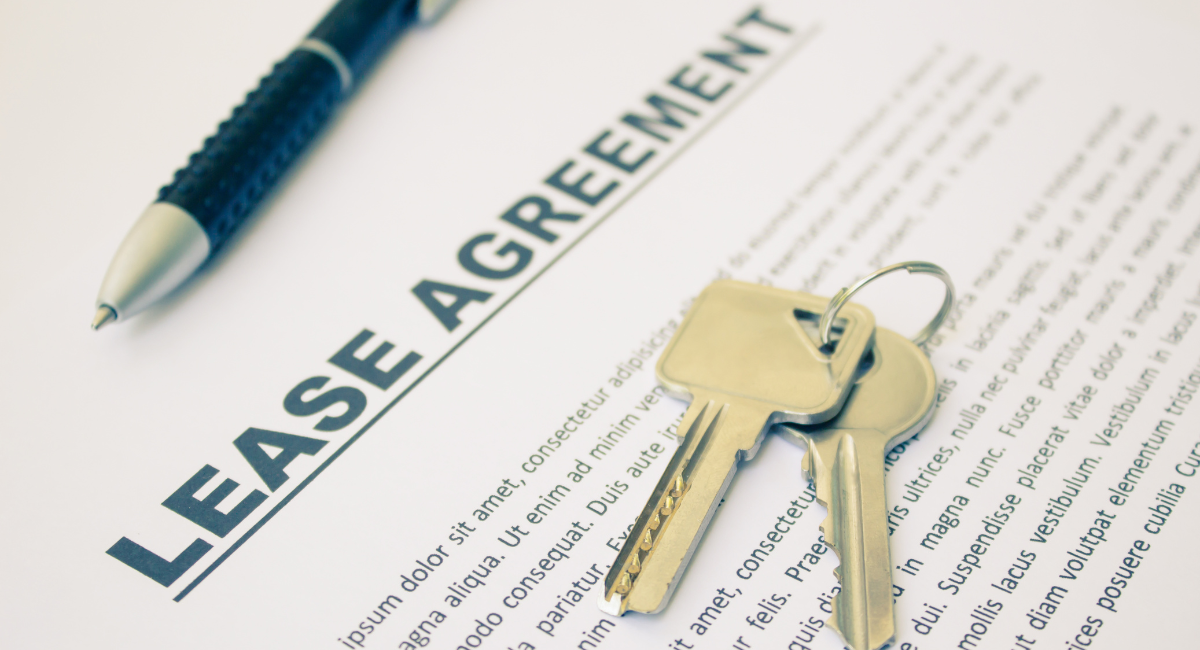Unit title ownership is very common in a building development where there are multiple owners, such as apartments, townhouses or office blocks. You own your unit and a part of the common property, such as lifts, lobbies, driveways or gardens. You are also part of a body corporate that takes care of the common property and makes rules for the development. You have to pay fees to the body corporate and follow its rules.
The changes to the Unit Titles Amendment Act 2022, which came into effect from 9 May 2024, may affect you if you own this type of property. This Act brings in detailed rules to improve the ownership and management of unit title properties. It’s a big leap towards making the buying and managing process open, just, and professional.
This new law provides greater protection for people who buy or own unit title properties. It allows them to get all the important details about a property early on, which means they can understand what they’re getting into before they decide to invest. Having this information early helps buyers make better choices, making sure they know exactly what they’re buying. Also, the law strengthens the position of buyers by giving them a strong set of tools to deal with any issues that might come up after they’ve made the purchase.
For the companies that manage these properties, the bodies corporate, the act sets out a clear way of working. It requires them to meet strict professional standards and introduces a code of conduct to ensure they’re they are skilled and carry out their responsibilities honestly.
The act also makes bodies corporate plan properly for big repairs and upkeep, to avoid surprise costs and keep properties in good shape. They must have a maintenance plan that covers all future work, costs, and informs the owners.
Finally, the act improves how disputes are settled, offering fairer and quicker ways to solve issues.
Join our Newsletter
Stay tuned
Contact Us
We will get back to you as soon as possible.
Please try again later.



